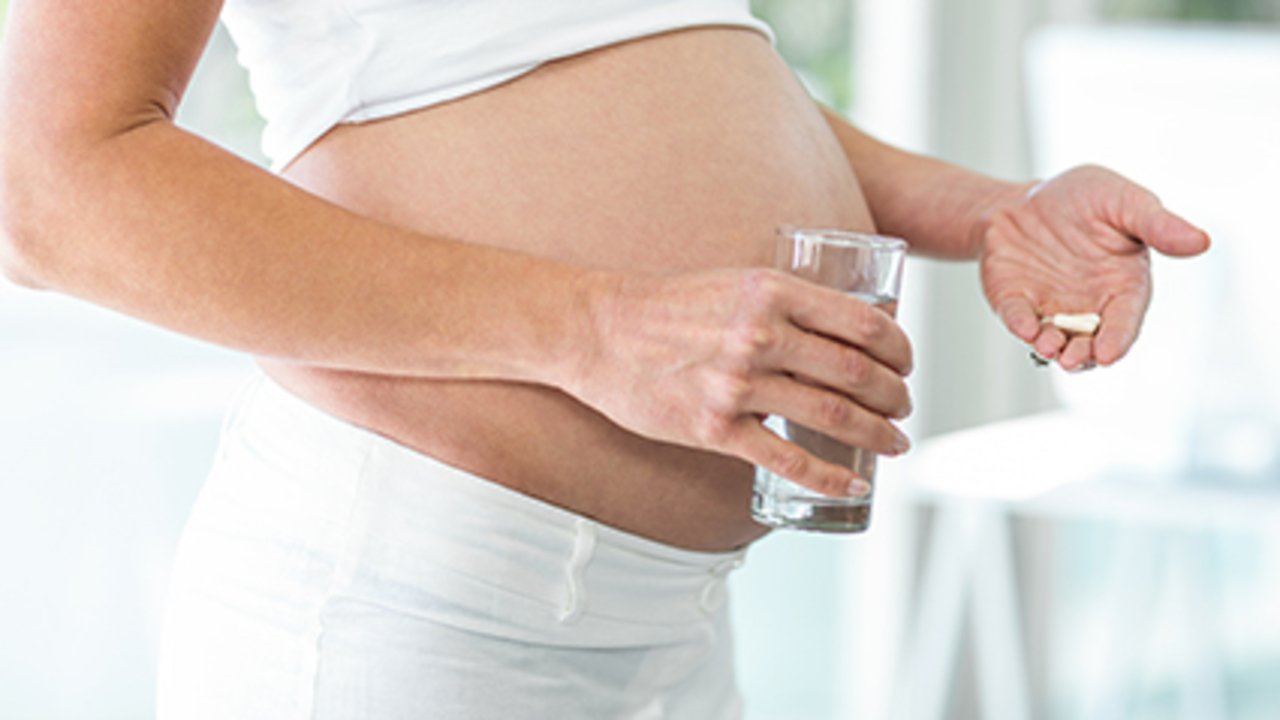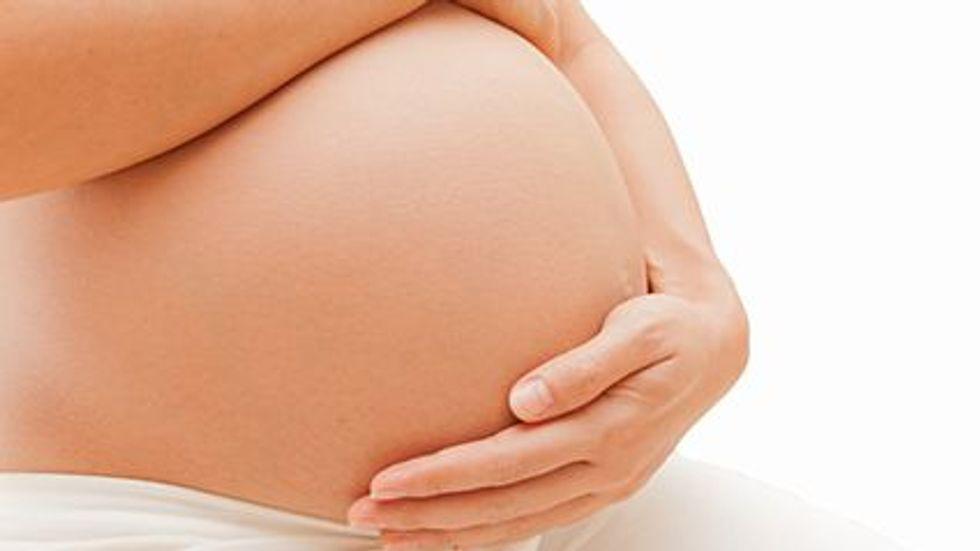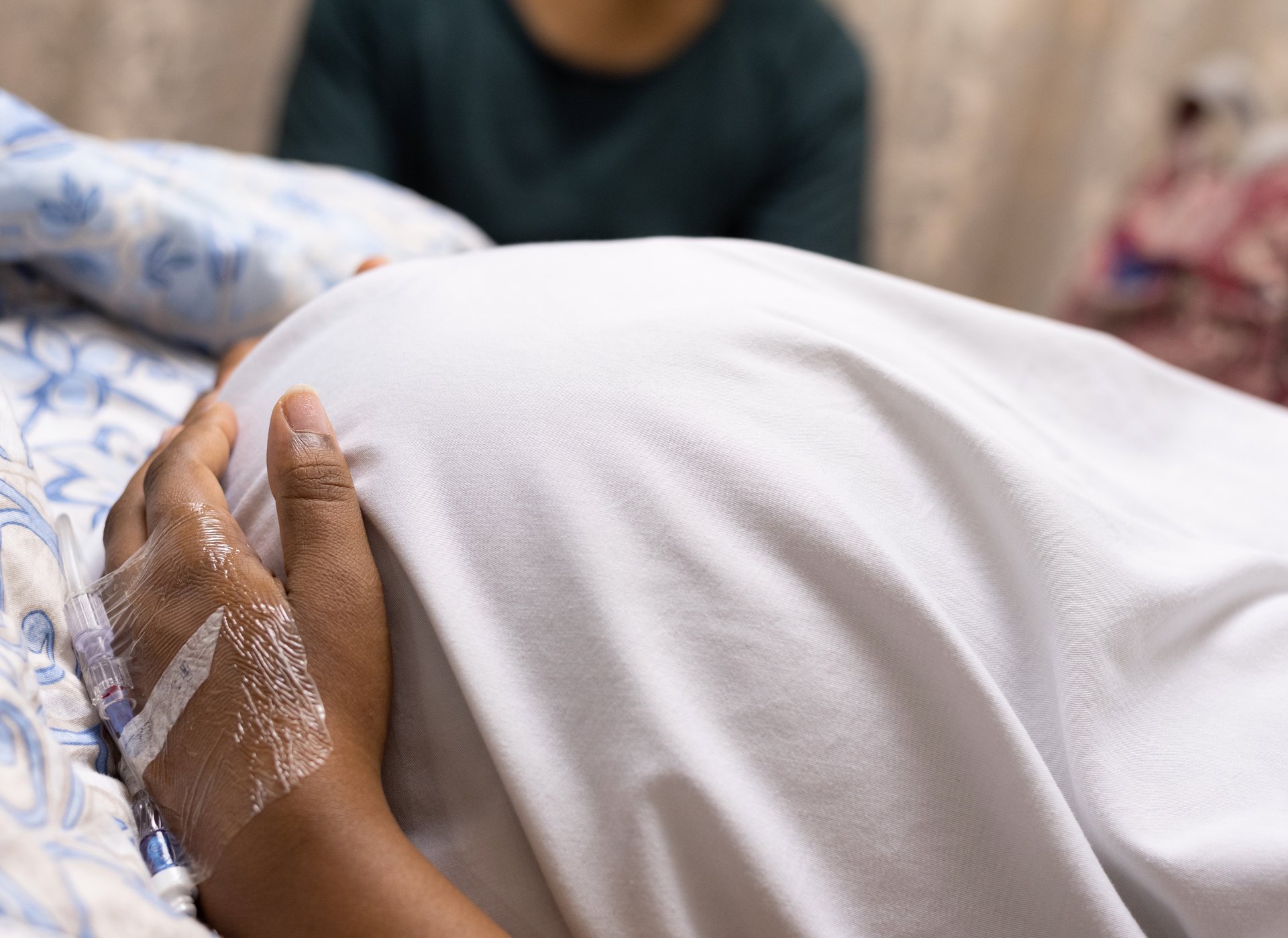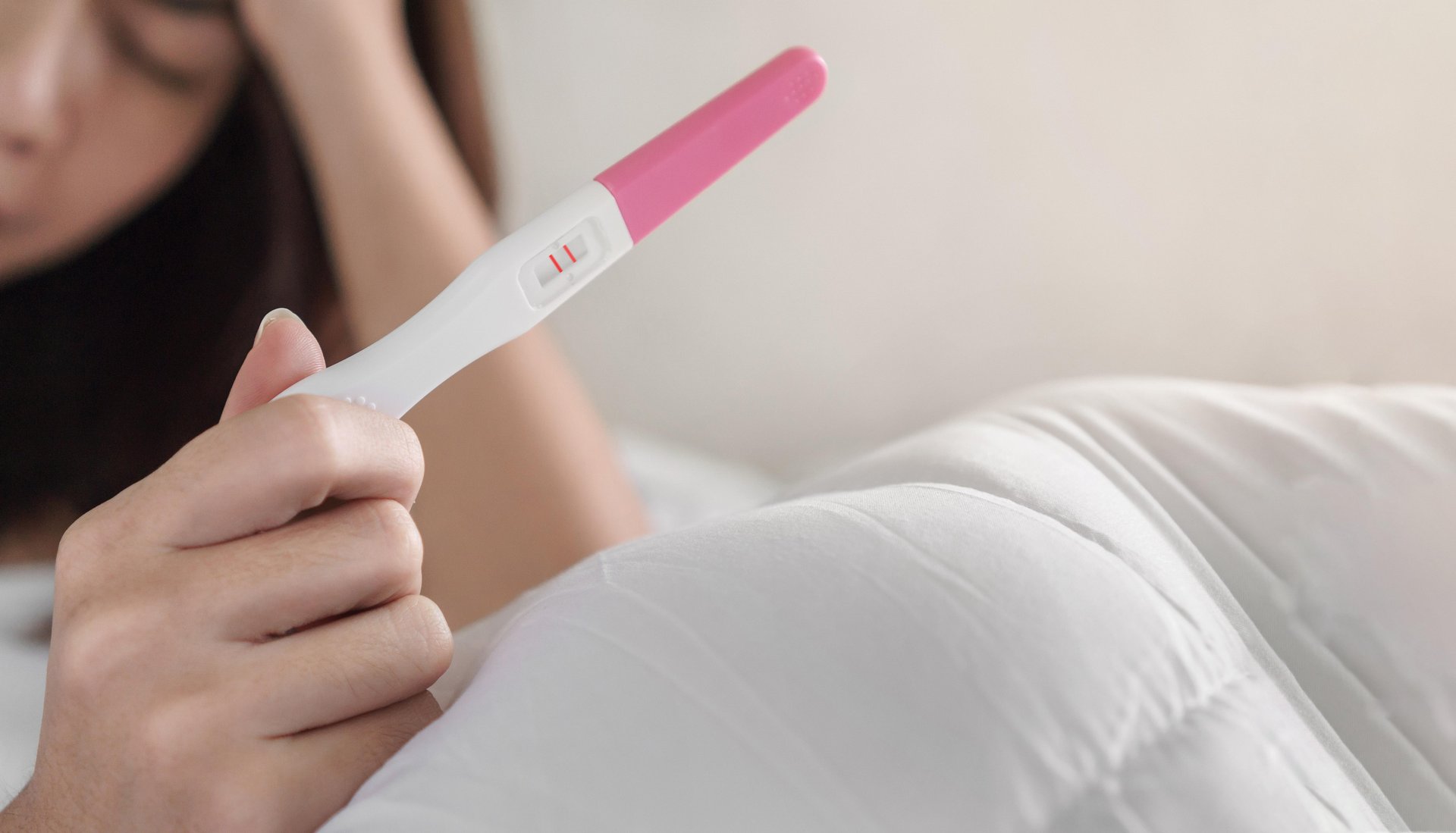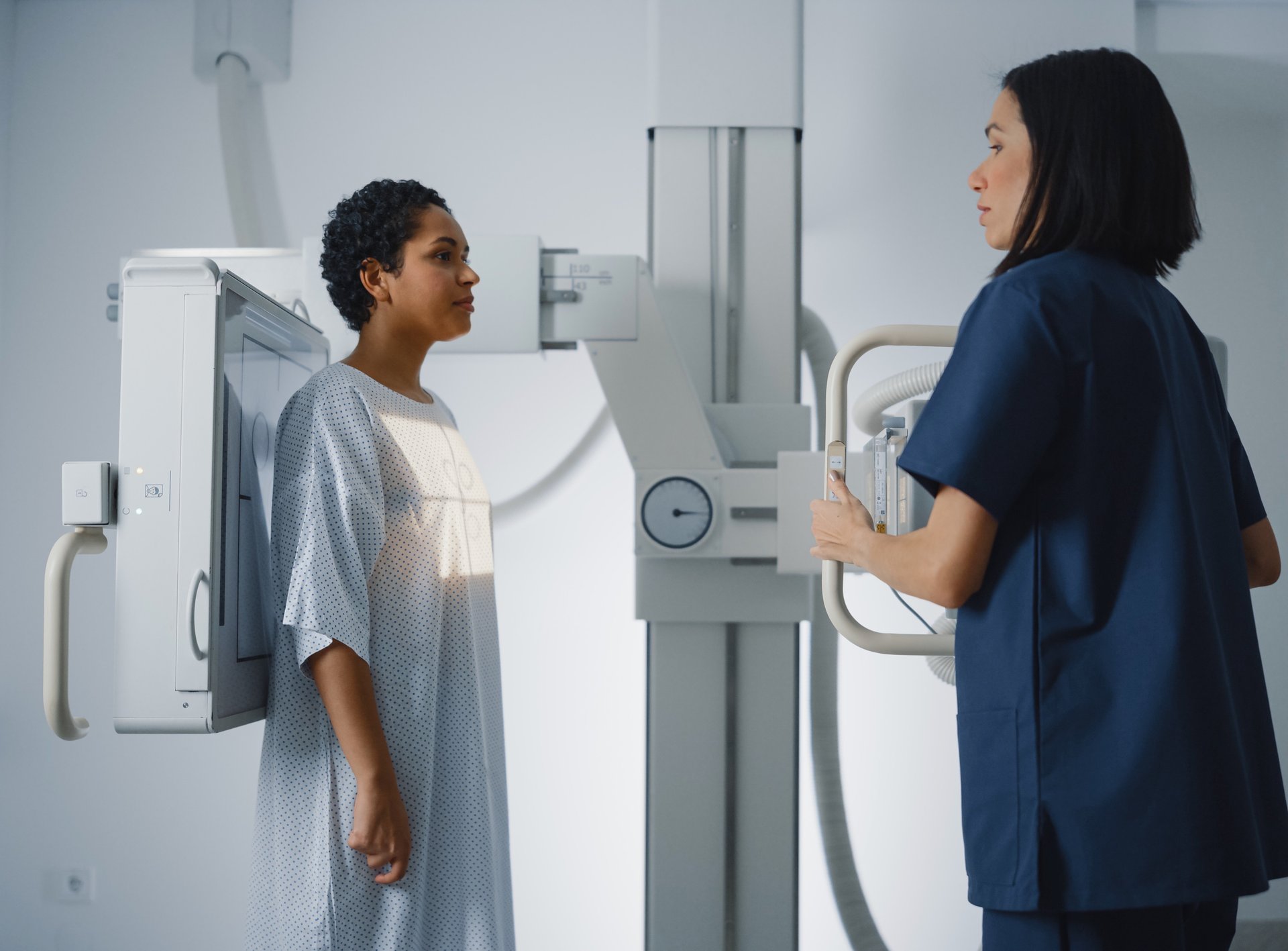
Health care cost and access are not the only barriers women face in getting lifesaving mammograms, a new government report finds. Food insecurity, lack of transportation, less hours at work and feelings of isolation also can keep women from getting screened for breast cancer, researchers from the U.S. Centers for Disease Control and Prevention discovered.… read on > read on >










